The role of music in cinema has evolved significantly since the inception of film. From the early days of silent movies accompanied by live piano, to the complex orchestral scores and popular music soundtracks that define today's cinematic experiences, music has always been a crucial element in storytelling. This article explores the evolution of soundtracks and how they have shaped cinematic experiences over the years.
The Silent Era: Live Musical Accompaniment

The Introduction of Talkies and Early Sound Films

The Golden Age of Hollywood: Orchestral Scores
From the 1930s to the 1950s, Hollywood experienced what is often referred to as its Golden Age, a period characterized by lavish productions and the rise of the studio system. During this time, composers such as Max Steiner, Bernard Herrmann, and Erich Wolfgang Korngold defined the standard for film scoring with their lush, orchestral compositions. These scores were grandiose and emotionally charged, perfectly complementing the dramatic storytelling of the era's epic romances, adventures, and dramas. Their work established the film score as an essential element of the cinematic experience, capable of conveying unspoken thoughts and feelings.The 60s and 70s: Innovation and Experimentation
The 1960s and 1970s brought about a wave of innovation and experimentation in film and music alike. Composers like Ennio Morricone and Henry Mancini pushed the boundaries of traditional film scoring by incorporating elements of jazz, electronic music, and non-Western instruments into their work. This period also saw the rise of concept albums and rock operas, influencing filmmakers to integrate popular music into their soundtracks. Iconic films like 'Easy Rider' (1969) and 'Saturday Night Fever' (1977) epitomized this trend, using pre-existing songs to enhance the narrative and connect with younger audiences.The Rise of the Blockbuster: John Williams and the Revival of the Orchestral Score
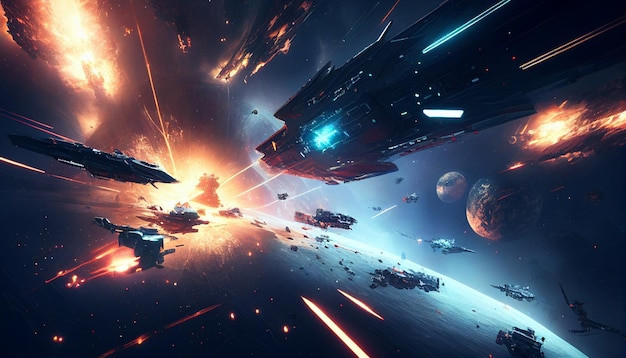
The Digital Age: Synthesizers and Computer-Generated Music
The advent of digital technology in the late 20th century transformed the landscape of film scoring. Composers like Vangelis and Hans Zimmer embraced synthesizers and computer-generated sounds, crafting scores that blended orchestral traditions with electronic music. This era saw the creation of scores that could convey futuristic atmospheres, enhance the tension of thrillers, or underscore the vastness of space. Films such as 'Blade Runner' (1982) and 'Inception' (2010) are notable examples, showcasing how digital soundscapes can create immersive worlds and evoke deep emotional responses.The Modern Soundtrack: Eclecticism and Personalization
Today's soundtracks reflect the eclectic and global nature of contemporary cinema. Composers and directors now draw from a wide array of musical styles and genres, from classical and pop to world music and hip hop, creating soundtracks that are as diverse as the films they accompany. Moreover, the rise of streaming services and digital platforms has made it easier for filmmakers to personalize their soundtracks with lesser-known tracks and independent artists, further enriching the cinematic experience. Films like 'Guardians of the Galaxy' (2014) and 'Black Panther' (2018) exemplify this trend, offering soundtracks that are both culturally specific and universally appealing.The Future of Film Scoring: Interactive and Immersive Experiences



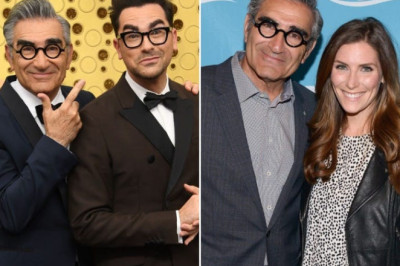

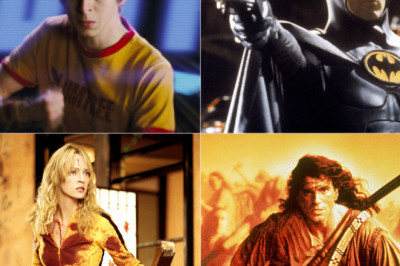
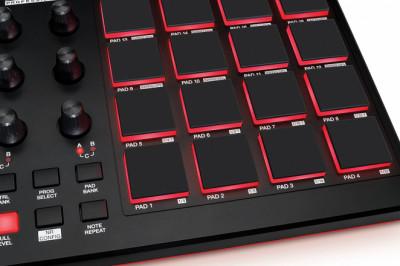
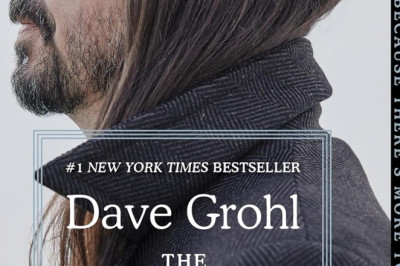
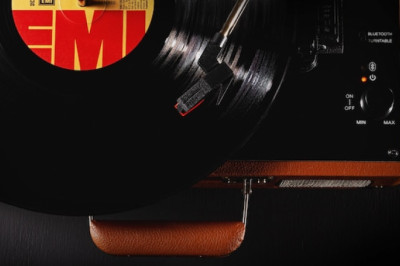

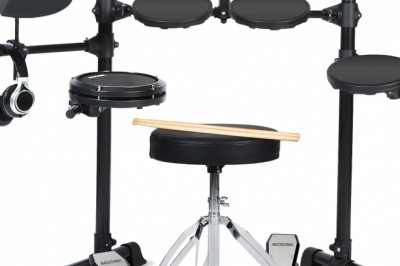
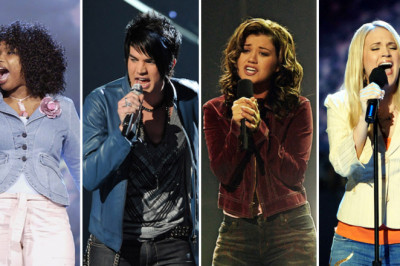

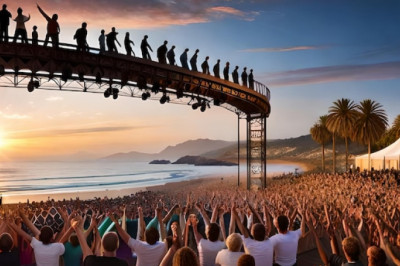
Comments
0 comment